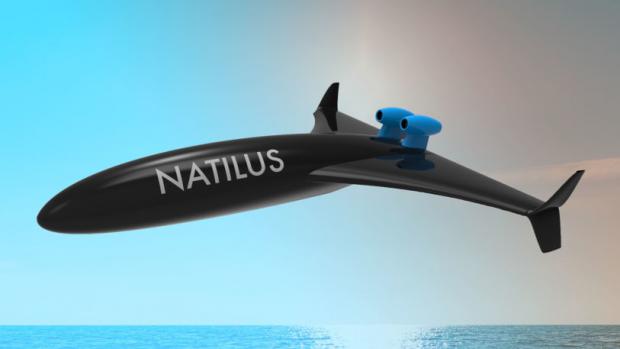
Breaking News
 Is The Government Coming For Our Seeds?
Is The Government Coming For Our Seeds?
 Looming ice storm could be among worst on record
Looming ice storm could be among worst on record
 The walls are actually closing in on Ilhan Omar and her husband…
The walls are actually closing in on Ilhan Omar and her husband…
 Tesla and XAI's Digital Agent Strategy
Tesla and XAI's Digital Agent Strategy
Top Tech News
 The day of the tactical laser weapon arrives
The day of the tactical laser weapon arrives
 'ELITE': The Palantir App ICE Uses to Find Neighborhoods to Raid
'ELITE': The Palantir App ICE Uses to Find Neighborhoods to Raid
 Solar Just Took a Huge Leap Forward!- CallSun 215 Anti Shade Panel
Solar Just Took a Huge Leap Forward!- CallSun 215 Anti Shade Panel
 XAI Grok 4.20 and OpenAI GPT 5.2 Are Solving Significant Previously Unsolved Math Proofs
XAI Grok 4.20 and OpenAI GPT 5.2 Are Solving Significant Previously Unsolved Math Proofs
 Watch: World's fastest drone hits 408 mph to reclaim speed record
Watch: World's fastest drone hits 408 mph to reclaim speed record
 Ukrainian robot soldier holds off Russian forces by itself in six-week battle
Ukrainian robot soldier holds off Russian forces by itself in six-week battle
 NASA announces strongest evidence yet for ancient life on Mars
NASA announces strongest evidence yet for ancient life on Mars
 Caltech has successfully demonstrated wireless energy transfer...
Caltech has successfully demonstrated wireless energy transfer...
 The TZLA Plasma Files: The Secret Health Sovereignty Tech That Uncle Trump And The CIA Tried To Bury
The TZLA Plasma Files: The Secret Health Sovereignty Tech That Uncle Trump And The CIA Tried To Bury
A Startup's Plan To Cut Air Freight Costs In Half With 777-Size Drones

Commercial passenger jets fly at an altitude of around 30,000 feet or higher. Imagine sitting in a window seat of one of those giant aluminum tubes a few years from now as it makes its way across the Pacific Ocean. Picture looking down about 10,000 feet below. You just might see what one startup thinks could be the future of international cargo transport.
The idea is simple: Shipping by air is fast, but expensive. Boat is much cheaper, but very slow. So why not send all those boxes and packages on an un-piloted, amphibious Boeing 777-sized drone that can fly point to point and eventually drop off as much as 200,000 pounds of cargo at a seaside port? It would carry that cargo at about half the cost of normal air freight thanks to a more efficient use of fuel and the lack of an expensive crew.
That's the thinking behind Natilus, a Richmond, California-based startup that this summer plans on flying FAA-approved tests of a 30-foot prototype that's about the size and weight of a military Predator drone. The flight will mark the first significant step toward upending the global freight forwarding industry. Eventually, CEO Aleksey Matyushev says, the company hopes to fly the prototype on 30-hour test runs, carrying up to 700 pounds of cargo, between Los Angeles and Hawaii.
Natilus, which has raised $750,000 from venture capitalist Tim Draper and was incubated at the aviation-oriented Starburst Accelerator in Los Angeles, will power its drones with turboprop and turbofan engines and standard jet fuel, sending them on missions at an altitude of approximately 20,000 feet. That's well below commercial planes, but high enough to be fuel-efficient. Matyushev says trips across oceans would cost about half of what current commercial air freight transport runs, traveling a bit slower than manned cargo aircraft.

 Nano Nuclear Enters The Asian Market
Nano Nuclear Enters The Asian Market


